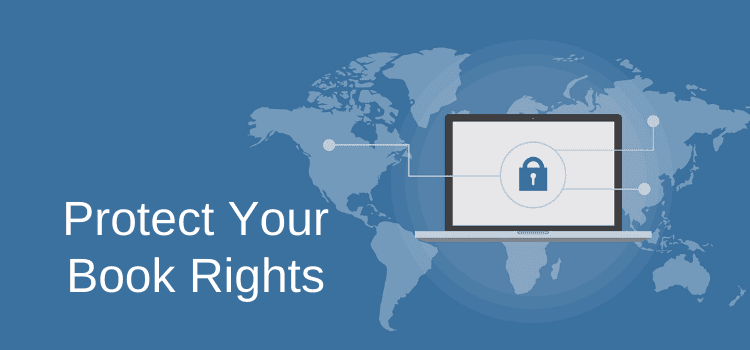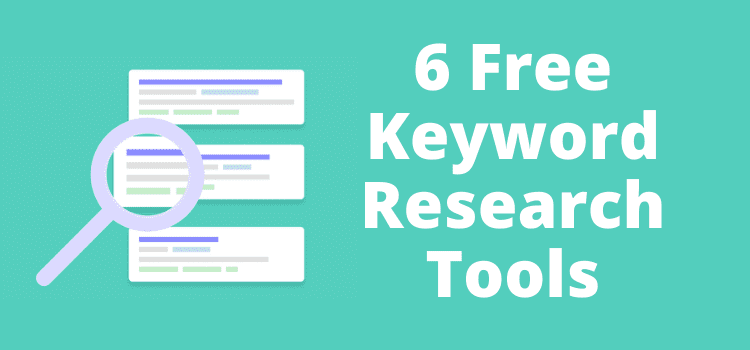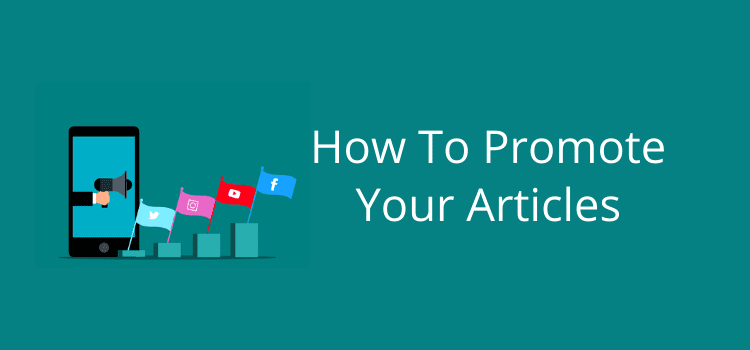
New authors have many avenues to publish a new book, but you should always be very careful with your book rights.
At the top of the list of options is traditional publishing, with the five big publishers and their numerous imprints. Then follow medium and small press publishers.
There are also hybrid publishers, micro-publishers, vanity publishers, and, lastly, publishers with a poor reputation.
It can be daunting for a new author to know which route to take. This is especially true for those who lack confidence in self-publishing.
Whenever you consider using a publisher, the most crucial decision is who will own the rights to your book.
Whether in part or whole, a major traditional publishing house will always want the rights before it agrees to publish it.
It may include rights for different international markets.
Sometimes, it’s film and TV rights for the publishing work.
Rights can also be assigned or not to different versions of a book, such as paperback, hardcover, audiobook, or ebook.
In some cases, a publisher may only want the rights to the print book version, allowing the author to retain the rights for ebooks.
Generally, if a publisher offers a book advance, it is logical to expect an author to agree to sign over the rights to a book.
However, advances are becoming a rarity in today’s publishing world, even for established, traditionally published authors.
Whenever an author writes a book, they own the book rights and copyright.
It’s always up to the author to decide what to do with these rights to their books.
Be aware of who pays
For new authors, the far more common occurrence is that a publishing company will demand the rights but offer no money in return.
Due to a lack of financial resources, some small publishers might ask for money from the author to cover part or even all of the publishing costs. However, a vanity publisher will always ask the author to pay.
It is definitely a warning signal, and new authors should consider this option very carefully.
Signing up with a publisher is an exciting time for new authors.
But signing away the rights to your book without knowing how financially sound a publisher is or checking how successful they have been can lead to serious problems down the line.
Almost every day, there is news of publishers going out of business, which is when trouble can strike.
If your publisher goes bankrupt or is liquidated, regaining your book rights could take years, and that may be optimistic.
Generally speaking, if you are asked to sign over the rights to your book by your literary agent or publisher, and there is an advance on offer, consider it carefully.
It is about as good as it gets in publishing today.
However, if you are asked to sign over your book rights and intellectual property without an advance being offered to you, think carefully.
In the end, perhaps it’s best not to do it and try to find better options.
If a publisher wants the rights to your book and also asks YOU for money, definitely DO NOT do it.
The advantage of self-publishing
Taking the self-published route is one way to ensure you retain all of your rights.
But perhaps you are not confident in the technical aspects of ebook and print-on-demand (POD) publishing or book promotion.
In this case, you might consider investing in service providers who can do this for you.
Yes, it will cost a little bit of money, but you will keep your rights and have total control over your book.
However, the best way is to learn to self-publish.
It might take some time, but once you gain some knowledge, you will find self-publishing is very easy.
Whichever route you take as a new author, remember one thing.
Never hand over the rights to your book for nothing in return.
Related Reading: Is This Publisher Legit? How You Can Make Your Decision




I found this really helpful, thanks a lot. I recently finished a fantasy/ science fiction novel and really need a publisher. I live in Nigeria but I would like to publish it in the west as I know it would do better there.
Can you offer me any advice or help.
Thanks Derek. Good reminder about what’s important.